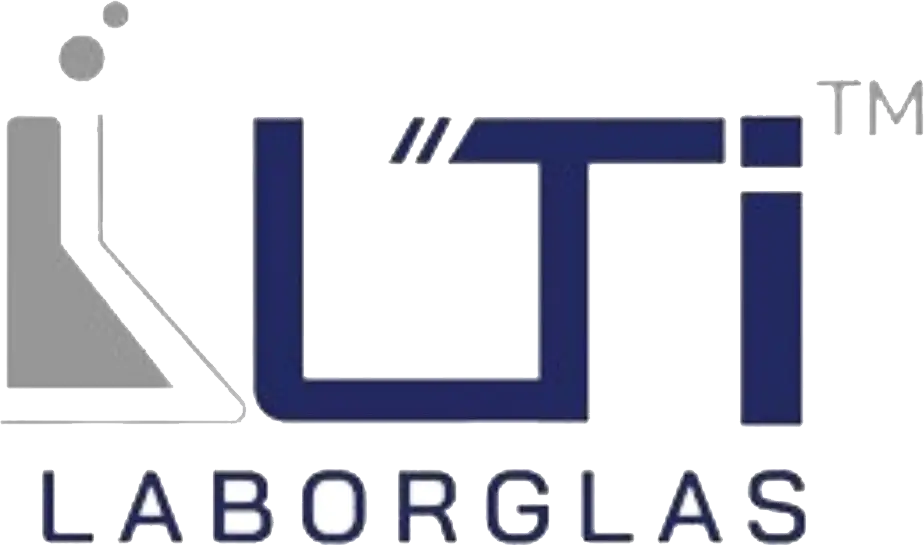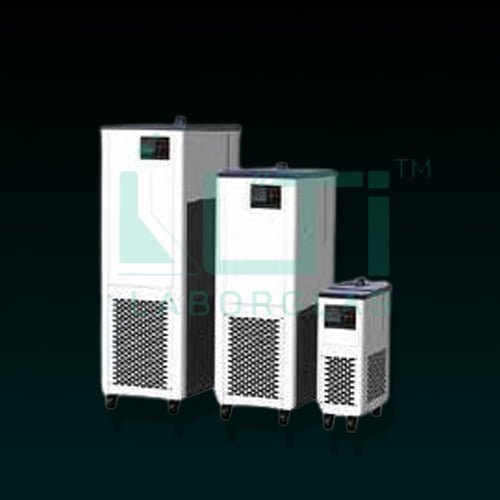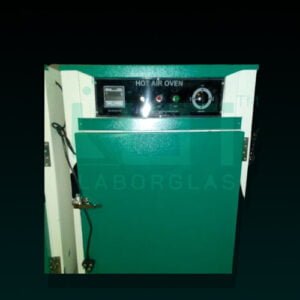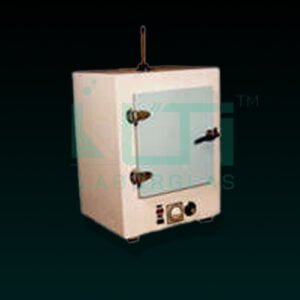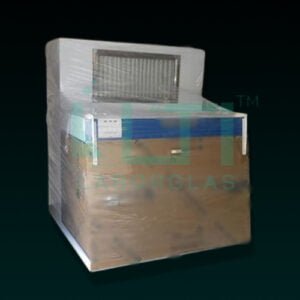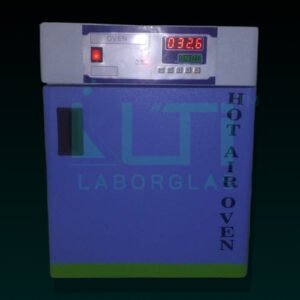Features:
- Specially designed for continuously use for cooling and heating cycles combined
- Triple walled in construction with inner made of 316 S.S and exterior 304 S.S matt finish
- PUF insulation minimize heat exchange
- Choice for temp controller with eight segment programmable ramp and soak function
- Combine use for cooling temperature -50 c to +150 c
- Unit consist with pump cum stirring assembly for internal as well external circulation
- RS 232/ RS 485 port for computer interface, data storing and documentation purpose
- CFC free cooling system having hermetically sealed compressor, fan motor, condenser cascade etc and are safely placed below the chamber
A Circulator Low Temp Bath is commonly used for:
- Low-Temperature Experiments: Providing a controlled environment for experiments requiring low temperatures.
- Sample Cooling: Efficiently cooling samples for preservation or analysis.
- Cryogenic Applications: Supporting processes and experiments involving cryogenic temperatures.
- Materials Testing: Conducting tests that require precise low-temperature conditions.
- Temperature-sensitive Reactions: Assisting in reactions that demand low temperatures.
- Quality Control: Ensuring consistent low-temperature conditions for testing and analysis.
- Cryopreservation: Used for preserving biological samples at low temperatures.
- Laboratory Cooling: Supporting various cooling applications in laboratory settings.
- Industrial Processes: Employed in industries for cooling processes requiring low temperatures.
- Research and Development: Utilized in R&D activities exploring low-temperature phenomena.
